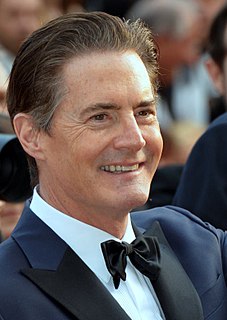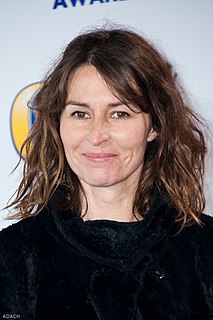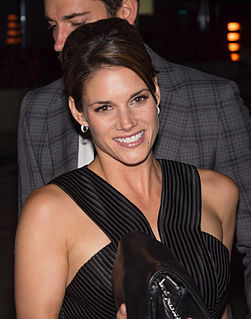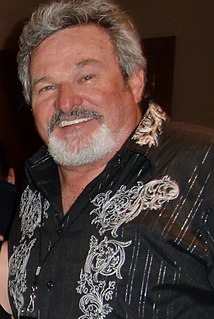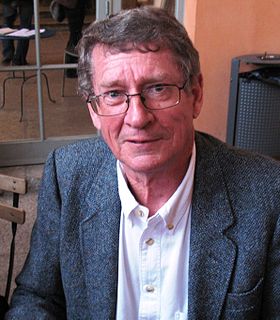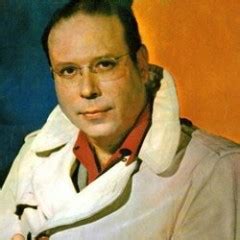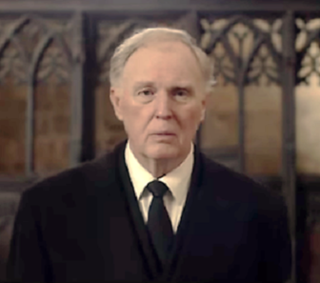A Quote by Kyle MacLachlan
I questioned everything. I didn't see a character developed in Platoon at all. The character in Blue Velvet was much more fascinating to me.
Quote Topics
Related Quotes
I must say Steven Spielberg was great to me, and I loved working with him. He called me up on the phone and was like, "I want you to be in this movie - 1941. There are a couple of parts. You can take whichever one you want. One of them is a main character who is involved in everything, and there's another character who has his own storyline and goes off on his own. He's probably the funnier, more unique character." I said, "Well let me do that second one."
